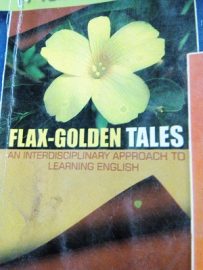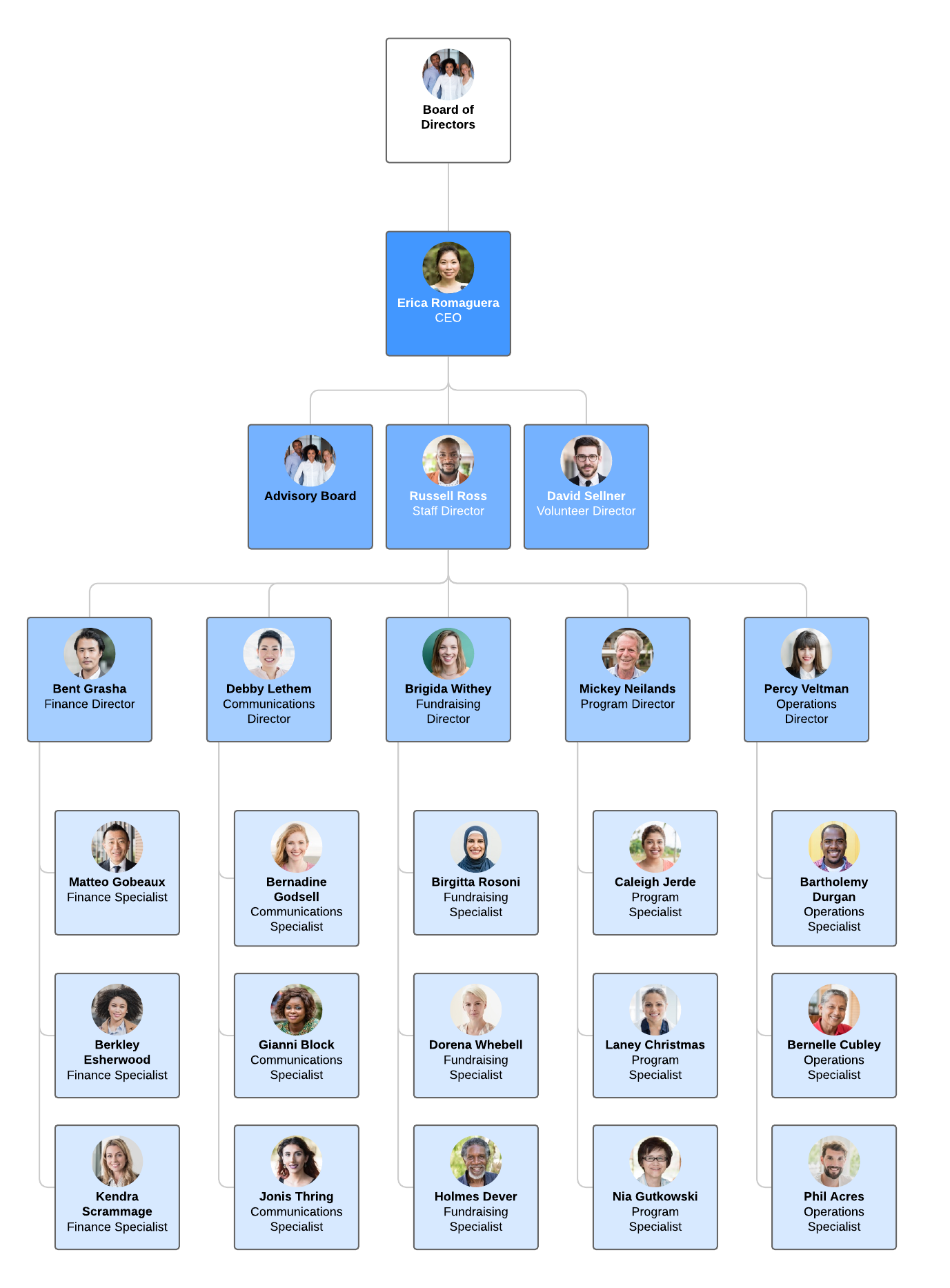Level: B.A/ B.B.S || Lesson 24 Life Without Chiefs (Marvin Harris USA 1927-2001)
Words Meaning
Chief = main person, head
Nomadic = wandering and hunting
Noticeable = remarkable
Ancestors = forefathers
Evolution = growth
Exterminate = wipe out
Analogues = similar
Paramount = highest quality
Reciprocal = mutual
Bailiffs = law officer
Mar = spoil
Prevail = exist
Repugnant = quarrelsome
Equitable = suitable
Grudge = complain
Dispute = argument
Hammock = hanging bed
Rule out = exclude
Vie = compete
Compensate = to give something in return
Lavish = generous
Inferior = junior
Vow = promise
Momentum = a time of great activity
Expedition = journey
Abundant = sufficient
Canoe = boat
Slaughtered =killed
Rumbling = shaking
Recur = happen
Rudimentary = provisional
Sumptuous = luxuriously
Kin = relative
Harbinger = for runner
Sovereinghty = supremacy
Embankment = a big wall
Rubble = broken
Annihilation = complete destruction
Insignia = symbol
Primordial = ancient
Lust = sexual desire
Sheriff = officer
Consecration = pure
Communal = collective
Territory = area
Mumihood = mother hood
Essence = gist
Flourished = bloomed
Crib = imitate badly
Alignment = agreement
State = not fresh
Billionaires = rich people
Summary
The essay “Life without Chief” was written by Marvin Harris, an American professor of anthropology. The writer says, in the past people were not divided into different groups higher and lower classes. There weren’t rich and poor. In the primitive stage of human existence people lived in hunting. People were generous. They used to help each other sharing whatever they found in the jungle. They didn’t thank the giver. The giver wouldn’t be proud for what he gave others. The study made by Robert Dentan among Semai of central Malaysia revealed that expression of thanks for receiving something would be considered rude.
Similarly, Ricard Lee tells a similar experience he had among the bushman of the Kalahari desert and he knew that they didn’t praise any donor because it would make him think superior than others. There wasn’t ruling or ruled class, the group would leave the person to rule over the area alone there and they used to move to another place. They also used to have a headman but he didn’t use to compel others to obey his commands. Instead he used to do hard work to set examples. Everyone had equal rights over natural resources. But later on people competed to become a headman by giving feasts. They society divided into chief and commoners. But gradually the chiefs became more selfish in the forms of kings and emperors.
Four Levels of Interpretation
-
Literal Comprehension
The essay “Life without Chief” was written by Marvin Harris, an American professor of anthropology. The writer says, in the past people were not divided into different groups higher and lower classes. There weren’t rich and poor. In the primitive stage of human existence people lived in hunting. People were generous. They used to help each other sharing whatever they found in the jungle. They didn’t thank the giver. The giver wouldn’t be proud for what he gave others. The study made by Robert Dentan among Semai of central Malaysia revealed that expression of thanks for receiving something would be considered rude.
Similarly, Ricard Lee tells a similar experience he had among the bushman of the Kalahari desert and he knew that they didn’t praise any donor because it would make him think superior than others. There wasn’t ruling or ruled class, the group would leave the person to rule over the area alone there and they used to move to another place. They also used to have a headman but he didn’t use to compel others to obey his commands. Instead he used to do hard work to set examples. Everyone had equal rights over natural resources. But later on people competed to become a headman by giving feasts. They society divided into chief and commoners. But gradually the chiefs became more selfish in the forms of kings and emperors.
-
Interpretation
This text tries to show how kind people were there in the past and how they enjoyed freedom. The writer writes about development of human civilization. He says that in the past there wasn’t social division but gradually chiefs became cruel and compelled people to obey them that divided the society into different social groups.
-
Critical thinking
The writer shows that there was complete freedom in the past. People used to live in the group of 30 to 40 and share whatever they got or produced. There were not social division. The chiefs used to be popular by doing hard work but is difficult to believe that how they used to settle their disputes. It is not mentioned that how chiefs were made.
-
Assimilation
After reading text, learnt that human beings should share happiness and sorrow with others. If we share our products like hunting and gathering societies, nobody will die of hunger. The chiefs must do something for common people so that common people will learn something from their chiefs.
TU || Flax Golden Tales Lesson 23
NEB || Important question paper of Computer Science Class 12
TU || Exam paper 2074 of English 314, 304 Poetry


 - [Resolving the Adventure Not Found Error in For the King 2](#) - [Understanding the Purpose of the Hardwork Skill in For the King 2](#) Upon liberating the prisoner from the cart in The Resistance chapter, the world unfurls for exploration. Roam the area until you chance upon an overturned wagon distinct from the prisoner cart, nestled in the Foothills area of the map. Should the wagon remain elusive, lean on Vision Scrolls or Find Distance items, available in town shops, dropped by enemies, or carried by specific characters such as the Scholar. Employ these tools to meticulously scrutinize the Foothills. Continue your exploration of the Foothills until you stumble upon the broken wagon. Once uncovered, assign any of your party members to investigate – no battle ensues, sparing your entire party from involvement. A notification will prompt you to the exact location of the Bandit Camp, where Hildegard's husband is being held captive. Liberate him from the camp to successfully fulfill this objective. These are the crucial steps to unraveling the mystery of Hildegard's husband in For the King 2. If you found this guide beneficial, consider exploring our diverse range of other informative guides.](https://meropaper.com/wp-content/uploads/2024/01/for-the-king-2-hildegard-husband-cart2-150x150.webp)








